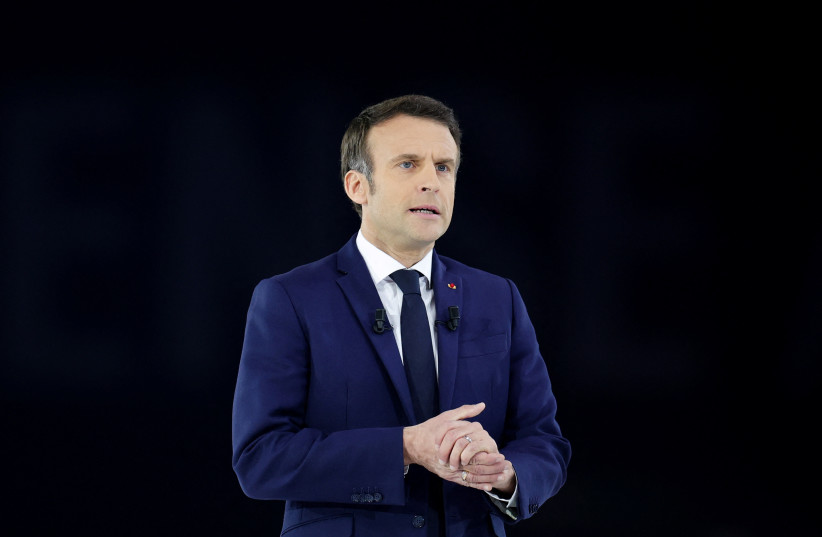Beginning with the now infamous video capturing the fatal shooting of 17-year-old Nahel Merzouk by a French policeman during a traffic stop in the Paris suburb of Nanterre, the visuals emerging from France over the past week have been nothing short of shocking.
The scenes of looting, burning, chaos, mayhem, hatred, arrests, and clashes between helmeted police and masked youths on scooters have left an indelible impact. The apartment windows smashed, the buses gutted, the petrified store owners lamenting the loss of their businesses.
Equally staggering was the deployment of 45,000 police officers and armored vehicles across the country to quell the rioters and, as French Interior Minister Gerard Darmanin put it, “restore Republican order.”
Around 3,400 people were arrested in the process, and hundreds, including 700 police officers, were injured in clashes.
Over 5,000 cars were set on fire, more than 1,000 buildings were damaged, hundreds of stores were looted, and police stations, town halls, schools, and other symbols of the state were attacked. Courts held hasty trials where lawyers reportedly were not even given adequate time to prepare, and the accused were sentenced to terms in prison.

President Emmanuel Macron mentioned potential restrictions on social media like Snapchat and TikTok to control the spread of violence. However, his proposal faced backlash, with critics arguing it infringes on freedom of expression.
The recent violence exposed deep-seated anger among France’s minority communities due to police racism, systemic prejudice, discrimination, and widespread poverty. For a significant portion of the French population, particularly descendants of immigrants from former French colonies in Africa, the cherished French motto “Liberté, égalité, fraternité” feels more like an empty slogan than anything that ever trickled down to them.
UN intervention in France?
Amid the chaos, the United Nations – ever helpful – chimed in and urged France to address the “deep issues of racism and discrimination in law enforcement.”
Using words and terminology often employed when addressing Israel, the UN High Commissioner of Human Rights urged the French authorities to “ensure [that] use of force by police to address violent elements in demonstrations always respects the principles of legality, necessity, proportionality, non-discrimination, precaution and accountability.”
The French Ministry of Foreign Affairs promptly rebuffed the UN’s comments, saying: “France, and its police forces, fight with determination against racism and all forms of discrimination. There can be no doubt about this commitment.
“The use of force by the national police and gendarmerie is governed by the principles of absolute necessity and proportionality, strictly framed and controlled,” the ministry said.
Using diplomatic language, the French Foreign Ministry essentially said this: “Stay out of it, we’ve got this, we don’t need you or any outside body to remind us to respect the principles of legality, proportionality, non-discrimination, and accountability.”
France, which has often condescendingly joined the chorus of those reflexively calling on Israel to show restraint and respond “proportionally” to aggressive acts like rockets fired on its civilian population, did not take too kindly to being told to do the same.
France is in the midst of a crisis roiling the country. Its leaders are not looking to harm people gratuitously but rather to contain the violence, which just days ago looked like it was about to spiral out of control.
Macron doesn’t need others to preach to him to act carefully and with caution; he can figure that out himself. The French don’t want anybody moralizing to them about how to deal with a problem they know is acute and that erupts every few years.
One hopes that when this particular crisis blows over, when the anger dies down, the French will remember how they felt at this tumultuous hour when certain actors in the world preached to it about its behavior.
Perhaps they will think twice the next time before wagging a finger at Israel and will not join the tired chorus of those urging the Jewish state to act with “restraint” and “proportionality” – which it already does, to a far greater degree than do many of its critics.
Perhaps, then, they will remember how it felt to be preached to, how it stung, and will take it upon themselves not to do unto others – specifically, Israel – what they did not want others to do unto them.
Perhaps.
